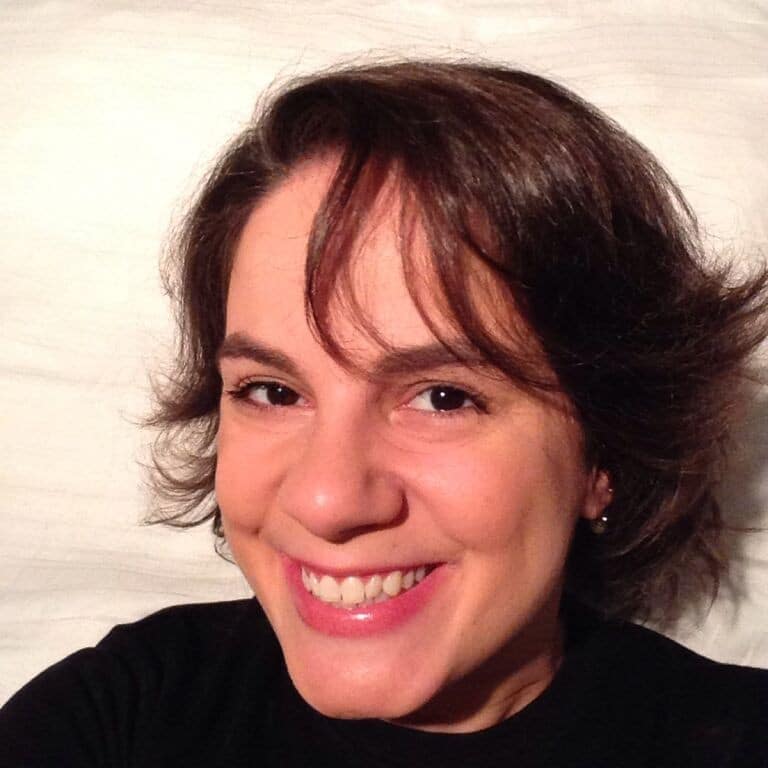The kind of ELT professional you choose to be
Many of us start in the career by incidentally deciding to ‘temporarily’ teach the language we know while we choose what to do about our professional lives. Many of us choose the career, embrace the challenges, seek for different opportunities. The reasons that brought us to teaching or the one that made us stay are followed by the ones that make us grow and become better and better – the choices we make and the motivation we grow throughout our career.
Improving as a professional is not necessarily linked to well-known and established standards, but usually directly connected to being different than you were before and becoming more efficient in achieving the educational goals set for and/or by yourself – helping learners use the language more naturally, keeping students engaged throughtout the term, maintaining your own motivation towards teaching and finding better solutions to your lessons… Penny Ur (1996) once wrote that ‘teachers who have been teaching for twenty years may be divided into two categories: those with twenty years’ experience and those with one year’s experience repeated twenty times.’ (p. 317). I believe this quote summarises kinds of professionals we decide to become: we either keep doing the same thing year after year (nothing wrong with that, except if you want different things to happen in your lessons, in the school, with ELT or with education), or we develop into a different professional every time we decide to do something different, study a bit more, change our own perspectives.
One of the key points in becoming the professional you want to become is to understand what possible steps you can take towards it. For instance, to become better at teaching teenagers, you may want to go deeper into studying their world, gathering more experience with various groups, talking to and observing more experienced teachers. You may also want to focus on the kind of professional you would like to be perceived as and consider your own attitudes and what you talk about – especially about the profession, your students and your colleagues. Teaching English involves working with people, learning how to deal with diversity and building relationships – not only our relationships with others, but also influencing how students relate to students or other colleagues and sometimes affecting how professionals relate to their colleagues. Often times we neglect the interpersonal factor and its relevance and importance to our career, focusing on technical skills that we aim at developing.
In general, I usually suggest we have a ‘guru’ around – someone who will help you keep the focus on what kind of professional you want to become and challenge by asking questions or pointing out things you are not necessarily considering yourself. Trust this person to give you honest feedback that focuses on your growth and awareness, not necessarily the confirmation of your own beliefs. Another trick I often use and recommend is keeping a set of questions to remind you of developing more experience and stretching your comfort zone – e.g. how can I do this differently? If I were my learners, what would I like about this lesson? If I observed another professional doing is, how would I react? If (Scott Thornbury) observed this, what could his feedback be? (in this case, the direct connection is with critically using literature to reflect upon teaching decisions) How different is it from everything else I have done?
Well, any development or change may destabilise our beliefs and practices and every step should be taken with caution. Whether you consider the step a failure or a success it is always worth it if aimed at getting us closer to the kind of professional you want to become. So, what is your next step towards development?
Ur, P. (1996) A course in language teaching. Cambridge: CUP.





